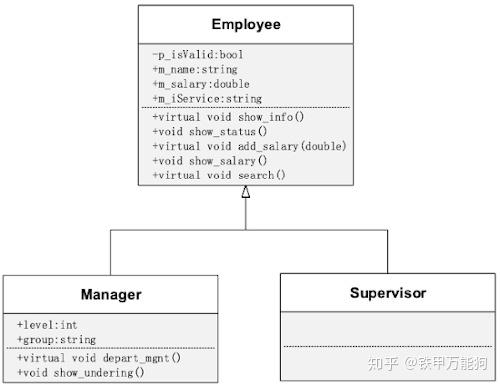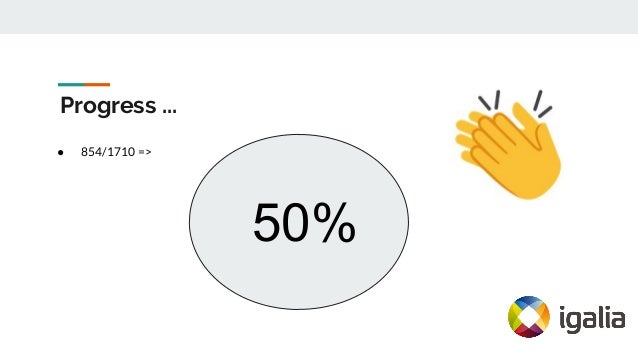

We have a strong guarantee that the downcast will be verified at runtime and if it cannot be verified then the program does the right thing and crashes. Safe downcastingĪlso, downcasting is very safe in C#. It is not possible to directly use static_cast, const_cast, dynamic_cast and reinterpret_cast on std::shared_ptr to retrieve a pointer sharing ownership with the pointer being passed as argument. Otherwise, the new shared_ptr will share ownership with the initial value of r, except that it is empty if the dynamic_cast performed by dynamic_pointer_cast returns a null pointer.Ĭ++ documentation: Casting std::shared_ptr pointers. If r is empty, so is the new shared_ptr (but its stored pointer is not necessarily null).
#DOWNCAST TO C UPDATE#
Update : the shared_ptr in this example is like the one in Boost, but it A shared_ptr has two pointers - one to the shared object, and one to the block with the strong and weak reference counts. Downcasting shared_ptr to shared_ptr?, Downcasting shared_ptr to shared_ptr? c++ gcc boost. The rules are the same as for dumb pointers, except you have to use std::static_pointer_cast and std::dynamic_pointer_cast instead of static_cast and dynamic_cast.C++17 will introduce the counterpart for reinterpret_cast, but that is not needed for up- or down casts, nor for conversions from or to void.Ĭ downcast shared_ptr. The stored pointer is the one accessed by get (), the dereference and the comparison operators. This feature can be used to point to member objects while owning the object they belong to. The shared_ptr equivalent of static_cast is static_pointer_cast, and the shared_ptr equivalent of dynamic_cast is dynamic_pointer_cast.Ī shared_ptr can share ownership of an object while storing a pointer to another object. This is a result of the is-a relationship between the base and derived classes. It is always allowed for public inheritance, without an explicit type cast. In other words, upcasting allows us to treat a derived type as though it were its base type. Upcasting is converting a derived-class reference or pointer to a base-class. Because C# is statically-typed at compile time, after a variable is declared, it cannot be declared again or assigned a value of another type unless that type is implicitly convertible to the variable's type. Audition from your phone directly to acting auditions and casting calls right from your mobile device. For example, in the below program in the main () method, assignment of the derived class “Circle” object to the base class “Shape” reference is up-casting.Īcting auditions, casting calls & modeling jobs on your phone with the UpCast app. The up-casting is implicit and any explicit typecast is not required. C++ allows that a derived class pointer (or reference) to be treated as a base class pointer.Īn assignment of derived class object to a base class reference in C# inheritance is known as up-casting.

It can be achieved by using Polymorphism. Upcasting and downcasting give a possibility to build complicated programs with a simple syntax. Upcasting and downcasting are an important part of C++. The outcome resulted from a synthesis of innovative thinking and long production experience.

The upward continuous casting method, better known as the UPCAST® system, was originally developed within the Finnish Outokumpu Group in the late ’60s. So, the access to the number of methods will be restricted automatically. Upcast We need to remember that in this type of casting, we need not explicitly cast the object as we are going upwards to the parent class. Downcasting however has to be done at run time generally as the compiler may not always know whether the instance in question is of the type given. Upcasting (using (Employee)someInstance) is generally easy as the compiler can tell you at compile time if a type is derived from another. Quite a lot of ground has been covered in this article. For example: Circle c = shape as Circle If(c!= null) c.FillCircle() Conclusion. Circle c = shape as Circle The difference is that as tries to cast shape to a type (in our example Circle).


 0 kommentar(er)
0 kommentar(er)
